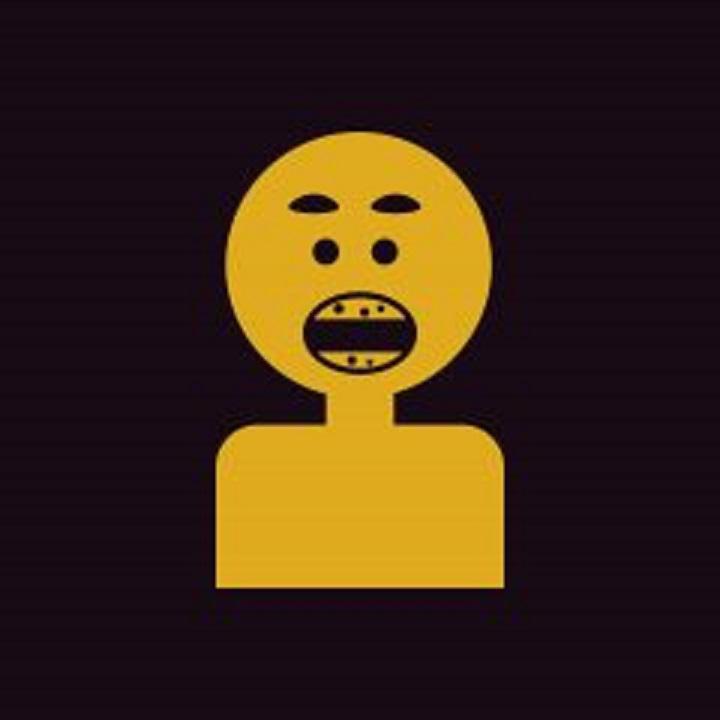
Whether you are in an emergency dental situation because of a broken tooth or a toothache that does not stop, a dental emergency most often comes with tremendous amount of pain. Most dental emergencies are not as life threatening as other physical emergencies but the severity of pain along with the fear that you may end up loosing teeth make such emergencies crucial. Different types of dental emergencies need to be addressed differently, although, in all cases, you must visit a dentist and if your regular dentist cannot see you as soon as possible, you should go to a dental practice that offers emergency dental care or urgent dental care. Many oral surgery practices also offer 24×7 urgent dental care with an on-call dentist.
Types Of Dental Emergencies And What To Do When You Have One
Broken Or Cracked Tooth
Teeth or tooth breakage can happen due to multiple reasons such as injuries, brittleness or decay. Sometimes you may not have pain but your tooth or a part of it can crack and fall off. If there is no bleeding and or pain, it is less of an emergency, but you still need to make sure you get a dentist’s appointment as soon as possible as a cracked or broken tooth can lead to further complications. If there is pain, you could take over the counter pain medications until you see the dentist.
Knocked Out Tooth
If you or your kids have an accident, such as while playing a sport that leads to teeth knocking out, it is recommended to rinse and save the teeth preferably in milk or water along with the root to retain moisture so that a dentist or a oral surgeon can reattach the teeth safely. While doing so, make sure you do not touch the root and hold it by the crown. It is also necessary to rinse the mouth with water and try to stop the bleeding with ice until you get to the dentist’s office.
Dental Crown Comes Off
If a permanent or temporary crown falls off or cracks, you should schedule an appointment with your dentist as soon as possible but until you actually make that visit, there are certain steps you can take at home. Make sure you take it out immediately and not swallow it. If a permanent crown comes off, make sure you keep the remaining tooth and the area clean and safe and avoid chewing or biting anything in that area. It is also a good idea to save the crown so that your dentist can check why it came off and try to reattach it. If a temporary crown comes off, you will need to take care of the remaining area as mentioned above. You can also apply some dental wax or adhesive filing which you can find over the counter at drug stores and try to slowly reattach the fallen crown. If you cannot reattach it, it should be saved if possible, for the dentist to assess and reattach.
Swollen Mouth Or Face
This condition is usually accompanied by pain and sensitivity. Swelling usually indicates that there is abscess and infection in the gums, teeth or bones. This a serious condition and can even lead to strokes and death, therefore it requires an urgent dental visit. It is recommended to stay upright or in an inclined position so that the infection does not spread upwards. Drink lots of water and unsweetened drinks to maintain hydration as dehydration can lead to further complications. Your dentist may recommend a root canal with or without a deep cleaning. If the tooth cannot be saved, the dentist may even suggest an extraction.
Bleeding Teeth And/Or Gums
If bleeding is due to an injury, applying ice and trying to stop the bleeding is the first step you can take until you get to the dentist’s office. If the bleeding is extremely severe and if you suspect injury to jaws and other parts of the face, you can head to a hospital emergency room. If there is persistent but less bleeding, it could be due to infections in teeth, gums or bones and still requires an urgent dental visit. When there is bleeding or bleeding associated with pain, make sure you eat only soft foods and cold foods if possible, do not eat foods that can easily get stuck to your teeth or foods that are very sweet, as this can increase the inflammation and rate of infection.
There are some precautionary measures that we all can take to avoid most of the above dental emergencies. Children and adults should wear a mouth guard when playing sports in which there is a high possibility of getting dental injuries. It is also important to do regular dental checkups so that your dentist can catch any early signs of infections and treat them before they become big. Brushing at least twice a day and flossing regularly is essential to maintain a good dental hygiene and keep infections at bay. And lastly, as all dentists and doctors will tell you, eat a well-balanced diet, don’t go overboard with sugar and wrong foods that can damage your oral health. Most dental practices today are prepared to treat all kinds of dental emergencies but as patients, we should be aware of how to handle these emergencies until we get to the dentist.
